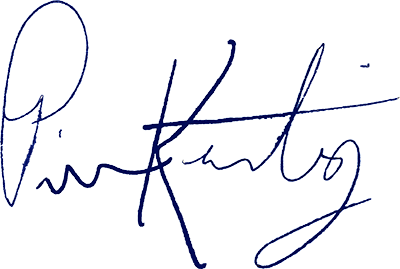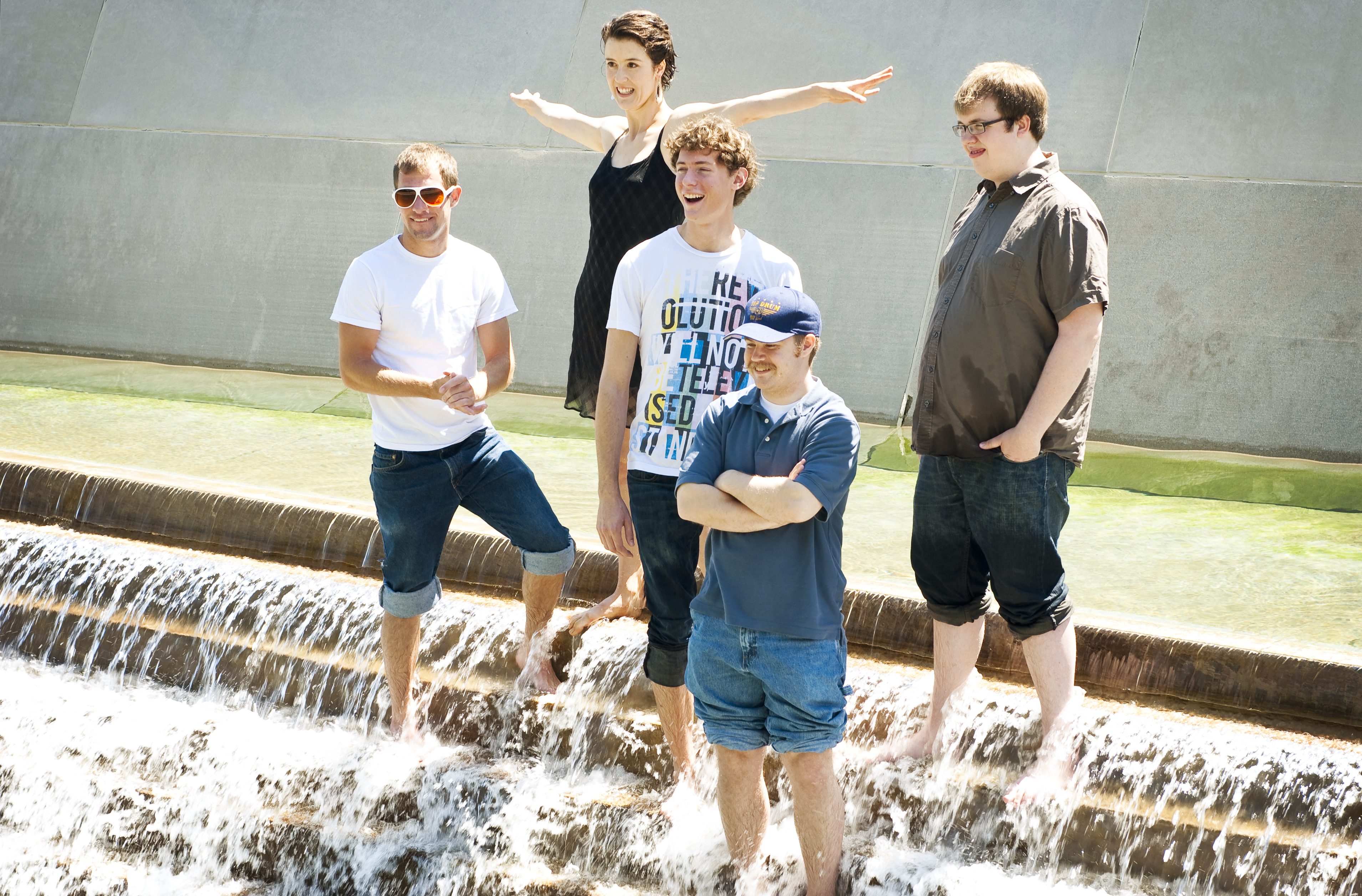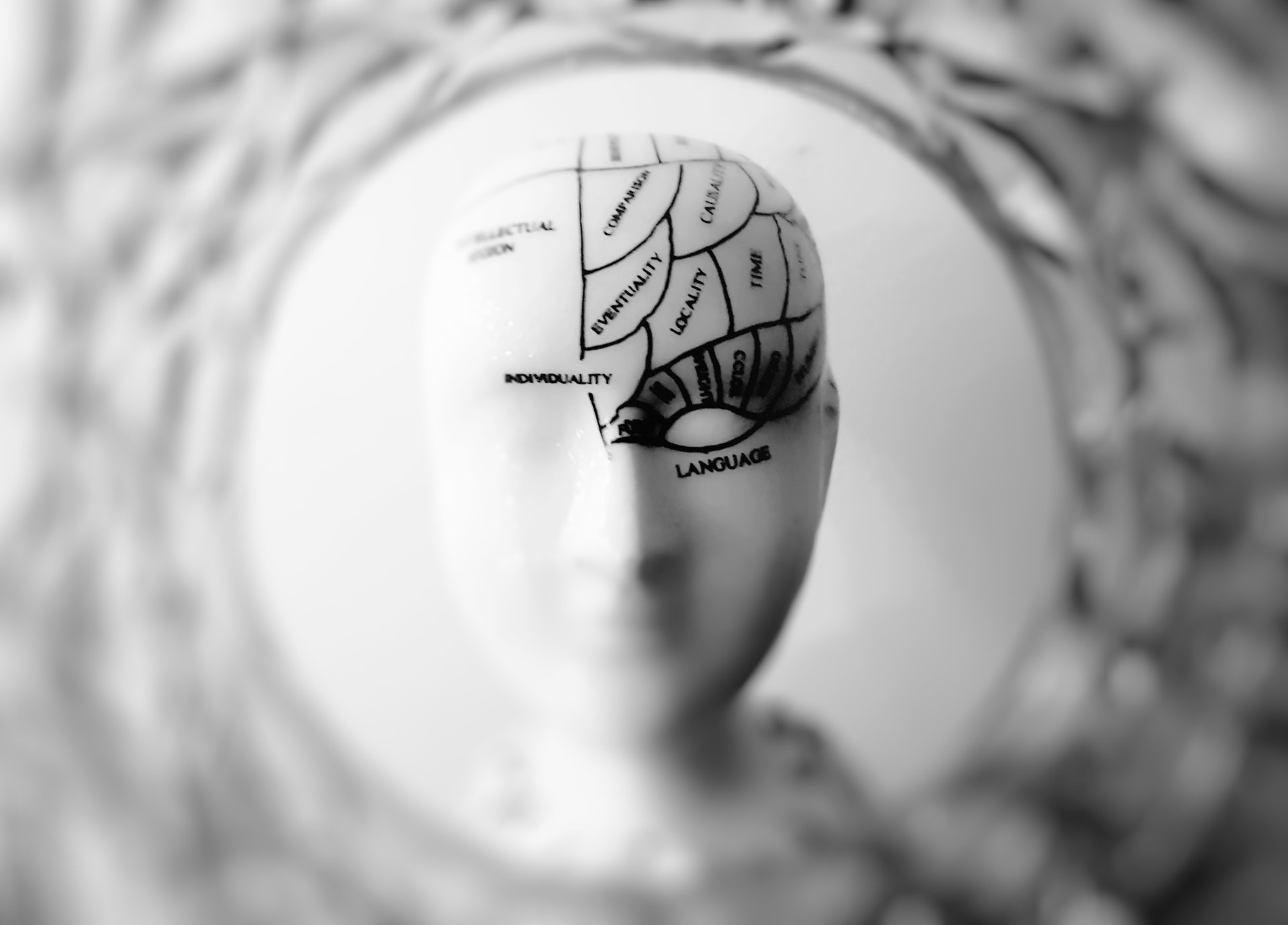Have you ever stopped to think about who you are?
Not what you do; the career path you’re on, the work you’re in.
Not your name, your background, your genealogy, or your ethnicity.
Not your interests, your hobbies, your propensities for certain flavors, activities, books, or people.
Not even your personality.
I’m talking about Who You Are.
It seems to be a human attribute to completely overlook the specialness of being Human. When I Googled, “what are the chances of being human,” I quickly learned of the TedX Talk by Mel Robbins in which he reveals that the chances of being born are one in 400 trillion. [https://www.huffpost.com/entry/probability-being-born_n_877853]
In an age of “self-help,” “Law of Attraction,” and “spirituality,” such a fact can seem like just another reminder that everyone is a special snowflake. And I don’t deny this.
But I don’t bring it up to be preachy or come off like an article from Oprah Magazine. It interests me because of just how eager we Humans are to completely dismiss the near-impossibility of our existence, in favor of identifications.
What do I mean by identifications?
Well, in this context, I’m referring to the things I mentioned above: career, job, favorite TV shows, hobbies, etc.
For an artist, even a Craft or a Calling – that thing an artist or creative is drawn to do, be it music, writing, painting or whatever – can become an identification.
For instance, a classical guitar player has obviously spent years and thousands of hours practicing, honing his technique, and learning repertoire. He’s probably gone to school to study music, and now he’s striving to get gigs, students, and generally support himself as a musician. These activities can become so all-consuming that the guitarist will start to mistakenly see them as part of his ego, or self-concept. This happens so easily that such a thing is not actually a conscious phenomenon.
Here’s a short bit from my Impresario Manifesto that explains the danger of identifications:
Impresario, although a beautiful term, can be a dangerous one. It can be dangerous for the same reason that using labels such as “musician,” “artist,” “writer,” “entrepreneur,” or “lobbyist” can. The problem, as I’ve laid out, comes when we over-identify with such titles. The solution offered herein is to not think of oneself so much as “insert title here” and to place our humanity, our Being-ness, first. In this way, we are no longer defined by what we do. We are who are, and who we are is human Beings.
When I start to think of myself as “Impresario,” immediately I start to subconsciously identify with myself as an Impresario. This is a problem. The mind always wants to identify with something, be it a person, an act, or a label, and we are fighting a battle to the death to first be aware of its identifying, and then to gently remind the mind, and ourselves, that the label with which it’s trying to identify is not us. I don’t “do music” because it’s who I am – I “do music” because it allows me to be more of what I already am.
Now, I’m not saying that to use such words as “musician” or “writer” or “entrepreneur” or “restaurant owner” or “clothing designer” to describe the way our Crafts or Callings are manifesting in a commercial and social world is wrong or bad.
But when we allow these words to overstay our welcome—when we over-extend the meanings of these words into our very self-concepts—when we rely on them to keep our identities—that’s when we get set up for disappointment.
I’ll now give an example from my own personal experience. For quite a few years, I identified with a made-up character. This character was something of a lady’s man, a Casanova, if you will. From a young age, I found myself being drawn toward women (as any typical heterosexual male will). Women were an enigma—I knew I wanted them in my life, but I had a lot of questions about them. I was drawn toward a world, a community of men, mostly young men in their 20’s and 30’s, who had similar questions. This community has come to be called the Seduction, or Pick Up, community.
I immersed myself in forums and resources connected to this community. I followed much of the advice that was given – to go out, meet more people, learn various psychological methodologies, and the “why” behind why some mating strategies “work” and some don’t. I lived in four cities in the space of eight years, from the east coast to the midwest to the west coast, and focused on my dating life the whole time.
The only problem was—I wasn’t happy. I would have some victories, some personal triumphs, and I learned quite a bit about male-female dynamics and evolutionary psychology in the process, yes. But always, there was a small nagging feeling in the back of my mind/soul, something that was telling me that I needed more. No matter how much I fed into this “ladies’ man” character, or how miserably short of it I fell, I still felt the same—like something was not right.
Today, I’m convinced that I was living out an ego identification. I was so attached to this idea of being “good with women” that I made it part of my self-image, my concept of myself. I didn’t even realize I was doing this. Had I stopped to do so, I would probably have seen that this character was not me. It was just a construct that I had willingly decided to embrace. Or, should I say, try to embrace. But the more I tried to embrace it, the more it actually eluded me. Ironically, in my efforts to be a great seducer, I ended up being a pretty poor one.
It can be pretty painful to realize that the person you thought you were has been in fact just a collection of ideations that have very little to do with who you Actually are. We want to believe that a role or a character (which is really just a collection of attributes in the mind) explains our essence, but the simple reality is, it just doesn’t.
My sincere intent is that you, the reader, can understand the difference between using words and labels to describe what we do, what we love, and what we gravitate towards—and allowing these things to dominate us. Once we can see through this distinction and not fall for the trap of believing that these things are actually us, it is my conviction that we can begin to lead lives of real fulfillment and be truly free.
I’d like to close with a paragraph from Jack Kornfield’s book Bringing Home The Dharma: Awakening Right Where You Are.
Buddhism calls non-identification the abode of the awakening, the end of clinging, true peace, nirvana. Without identification we can live with care, yet we are no longer bound by the fears and illusions of the small sense of self. We see the secret beauty behind all that we meet. Mindfulness and fearless presence bring true protection. When we meet the world with recognition, acceptance, investigation and non-identification, we discover that wherever we are, freedom is possible, just as the rain falls on and nurtures all things equally.
Kornfield, J. (2011). Bringing Home The Dharma: Awakening Right Where You Are. Boston, Massachusetts: Random House Publishing.
Remember Who You Are!
Poem “Just An Idea” by Ariana Magliocco (c) 2015




